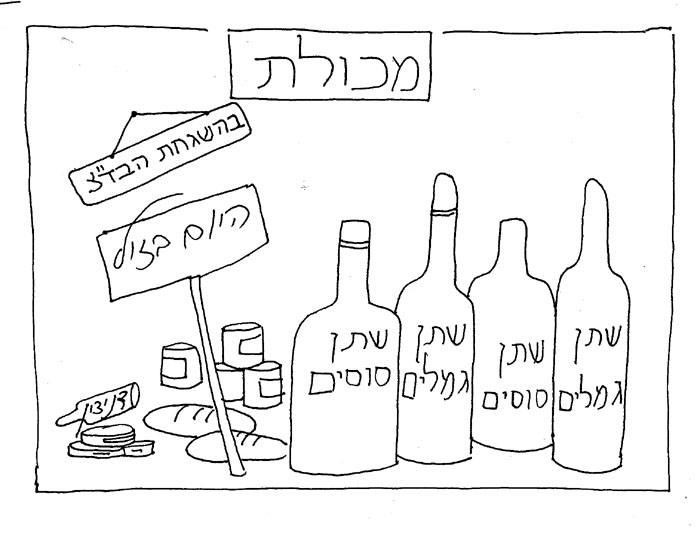
It was customary, in Talmudic times, for those suffering from jaundice to drink donkey urine as a cure.
The sages asked: is one permitted to drink donkey urine, said to cure jaundice? Why should one ask specifically about donkey urine? It is clear to us that the urine of camels and of horses is permitted for drinking since their urine is clear and is, in essence, the water which they drank. Water went in, and water came out. The donkey’s urine comes out cloudy. There are grounds to permit it and grounds to forbid it. What are the issues under debate? On one hand, the urine is cloudy, and one might suppose that its cloudiness stems from the process of urine production, which is similar to the process of milk production, from the donkey’s own body. Just as one is forbidden to drink the milk of an ass, so is one forbidden to drink the urine.
On the other hand, there is room for leniency, and the donkey’s urine may be permitted as one is permitted the urine of the camel and the horse; one may claim that the donkey’s urine does not undergo a process of production like that of milk, but that it has the status of water which went in and water which went out. The reason that it is cloudy not because something of the donkey has been mixed in, but because the donkey’s bodily vapors influence the urine and turn it cloudy.
The Talmud rules that one may not drink the donkey’s urine, but the religious arbiters are divided on the practical issue of whether one may also drink a donkey’s urine.
(Babylonian Talmud, Tractate Bechorot 7a)
